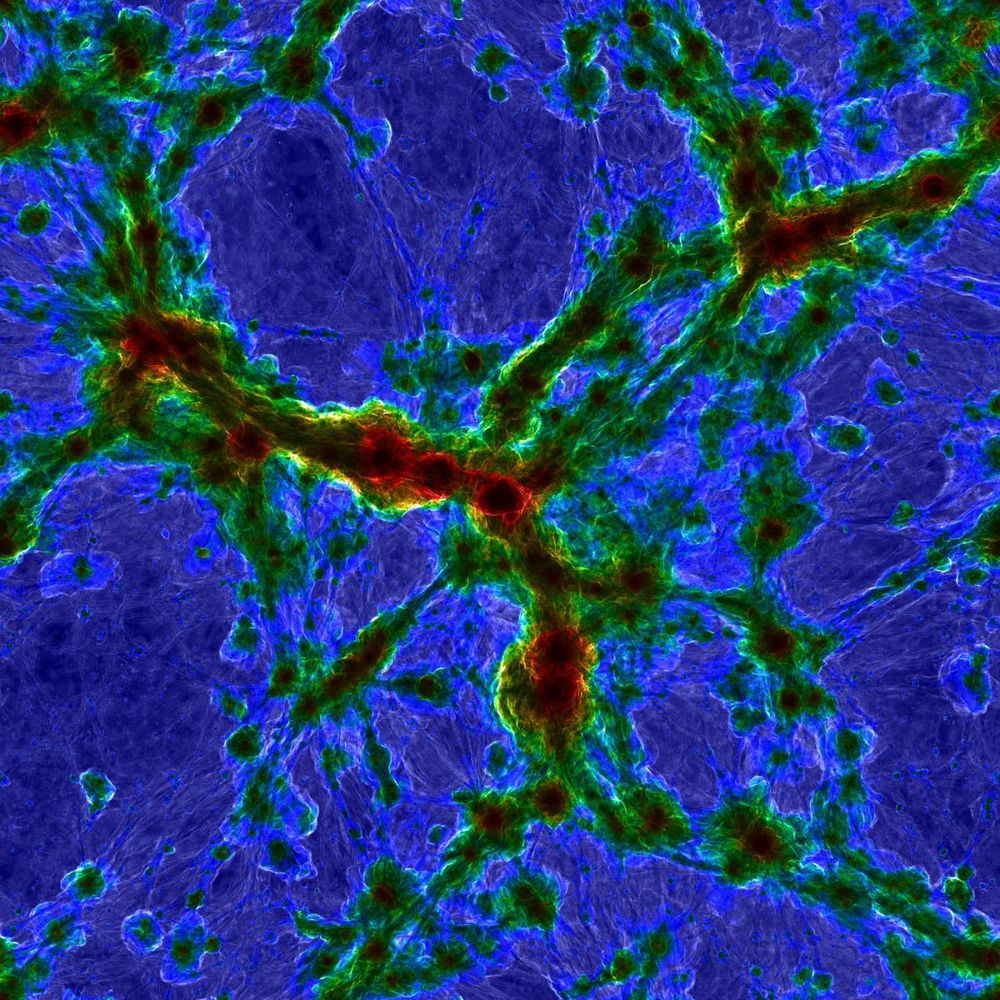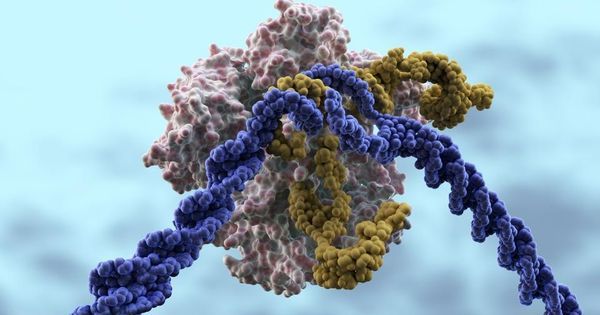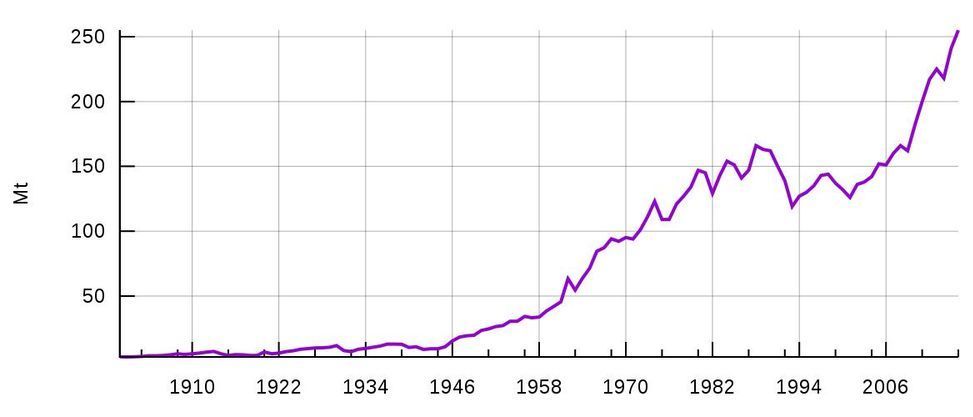Page 7228
Nov 19, 2019
The danger of AI is weirder than you think | Janelle Shane
Posted by Marco Monfils in categories: business, food, information science, robotics/AI

Maybe interesting for this group too.
Visit http://TED.com to get our entire library of TED Talks, transcripts, translations, personalized Talk recommendations and more.
Continue reading “The danger of AI is weirder than you think | Janelle Shane” »
Nov 19, 2019
Physicists Just Created the Most Detailed Simulation of the Universe in History
Posted by Quinn Sena in categories: physics, space
An international team of scientists has created the most detailed large-scale model of the universe to date, a simulation they call TNG50.
Nov 19, 2019
Beyond Stem Cells: Regenerating Tissue with Our Immune System | Under 30 Summit 2019
Posted by Quinn Sena in categories: biotech/medical, futurism
Researchers working on ways to accelerate the body’s healing and regeneration. But what are the limits of that science and what does its future look like?
Nov 19, 2019
Bill Gates-backed solar startup announces major breakthrough
Posted by Genevieve Klien in categories: solar power, sustainability
Heliogen is a startup that wants to “replace fuels with sunlight.” And the Bill Gates-backed solar startup, which has flown under the radar until today, has made a major green-energy breakthrough for heavy industry. Heliogen “has created the world’s first technology that can commercially replace fuels with carbon-free, ultra-high temperature heat from the sun.”
Nov 19, 2019
ESA studies human hibernation for space travel
Posted by Quinn Sena in categories: entertainment, space travel

In movies and books, fictional astronauts enter ‘suspended animation’ to cross the vastness of space. Recently ESA investigated how real-life crew hibernation would impact a space mission to Mars.
Nov 19, 2019
Google Confirms Android Camera Security Threat: ‘Hundreds Of Millions’ Of Users Affected
Posted by Quinn Sena in categories: mobile phones, security
Vulnerabilities in the Google Camera app left hackers able to take photos, and silently record audio and video, even when the phone was locked.
Nov 19, 2019
First detection of sugars in meteorites gives clues to origin of life
Posted by Roderick Reilly in categories: biotech/medical, genetics, space
https://www.nasa.gov/press-release/goddard/2019/sugars-in-meteorites
An international team has found sugars essential to life in meteorites. The new discovery adds to the growing list of biologically important compounds that have been found in meteorites, supporting the hypothesis that chemical reactions in asteroids—the parent bodies of many meteorites—can make some of life’s ingredients. If correct, meteorite bombardment on ancient Earth may have assisted the origin of life with a supply of life’s building blocks.
The team discovered ribose and other bio-essential sugars including arabinose and xylose in two different meteorites that are rich in carbon, NWA 801 (type CR2) and Murchison (type cm2). Ribose is a crucial component of RNA (ribonucleic acid). In much of modern life, RNA serves as a messenger molecule, copying genetic instructions from the DNA molecule (deoxyribonucleic acid) and delivering them to molecular factories within the cell called ribosomes that read the RNA to build specific proteins needed to carry out life processes.
Nov 19, 2019
New Data From First Human Crispr Trials Shows Promising Results
Posted by Genevieve Klien in categories: biotech/medical, genetics
The clinical trials show that two patients have potentially been cured of their genetic illnesses.
Peak phosphorus is a concept to describe the point in time when humanity reaches the maximum global production rate of phosphorus as an industrial and commercial raw material. The term is used in an equivalent way to the better-known term peak oil.[2] The issue was raised as a debate on whether a “peak phosphorus” was imminent or not around 2010, but was largely dismissed after USGS and other organizations increased the world estimates on available phosphorus resources.[3]
Phosphorus is a finite (limited) resource that is widespread in the Earth’s crust and in living organisms but is relatively scarce in concentrated forms, which are not evenly distributed across the Earth. The only cost-effective production method to date is the mining of phosphate rock, but only a few countries have significant reserves of it. The top four are Morocco, China, Algeria and Syria. Estimates for future production vary significantly depending on modelling and assumptions on extractable volumes, but it is inescapable that future production of phosphate rock will be heavily influenced by Morocco in the foreseeable future.[4]
Means of commercial phosphorus production besides mining are few because the phosphorus cycle does not include significant gas-phase transport.[5] The predominant source of phosphorus in modern times is phosphate rock (as opposed to the guano that preceded it). According to some researchers, Earth’s commercial and affordable phosphorus reserves are expected to be depleted in 50–100 years and peak phosphorus to be reached in approximately 2030.[2][6] Others suggest that supplies will last for several hundreds of years.[7] As with the timing of peak oil, the question is not settled, and researchers in different fields regularly publish different estimates of the rock phosphate reserves.[8].
















